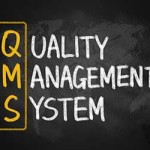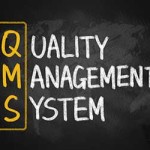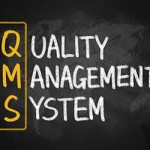
Once the project has been divided into tasks and resources assigned to those tasks, the next step is to determine the task durations. This may seem trivial, but its importance cannot be understated because these durations will be used to construct the project schedule. Just like the tiny O-rings that brought down the space shuttle Challenger, one small underestimation … [Read more...]













